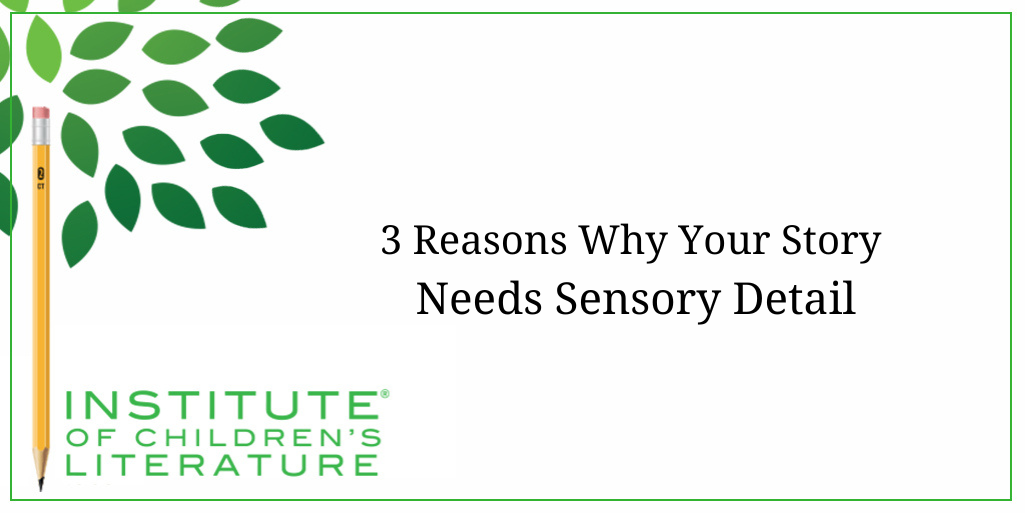
3 Reasons Why Your Story Needs Sensory Detail
Today we dive into sensory detail. What kind of details should you include? What details can you leave out? Time to get the most out of the senses.
With over 100 published books and magazine articles, Jan delivers first-hand knowledge on how to sharpen, submit, and market your writing. Jan’s articles explore inevitable writing struggles and offers tireless strategies and techniques to support you in reaching your writing goals.

Today we dive into sensory detail. What kind of details should you include? What details can you leave out? Time to get the most out of the senses.
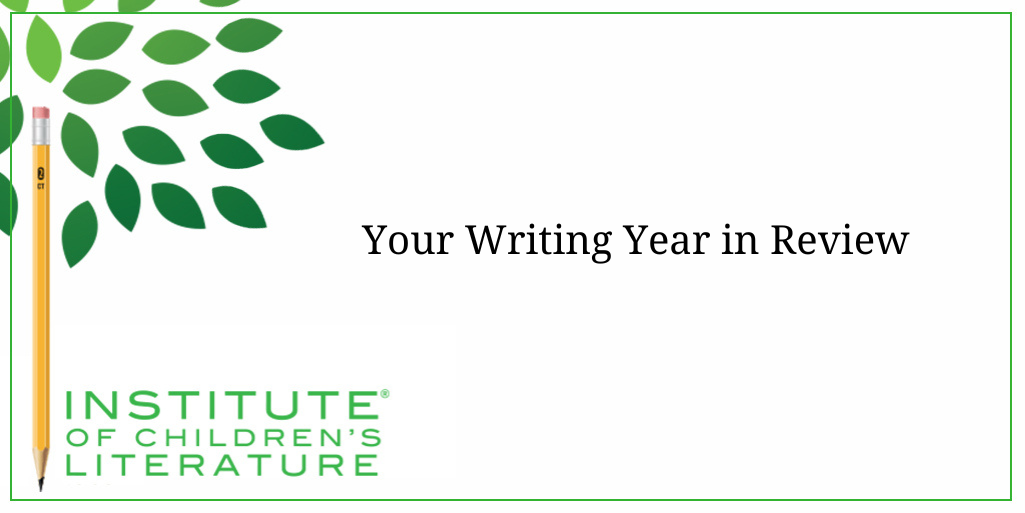
As you review your writing year, the only way to know where you are and where you’re going is to focus on what you did accomplish, not what you didn’t.
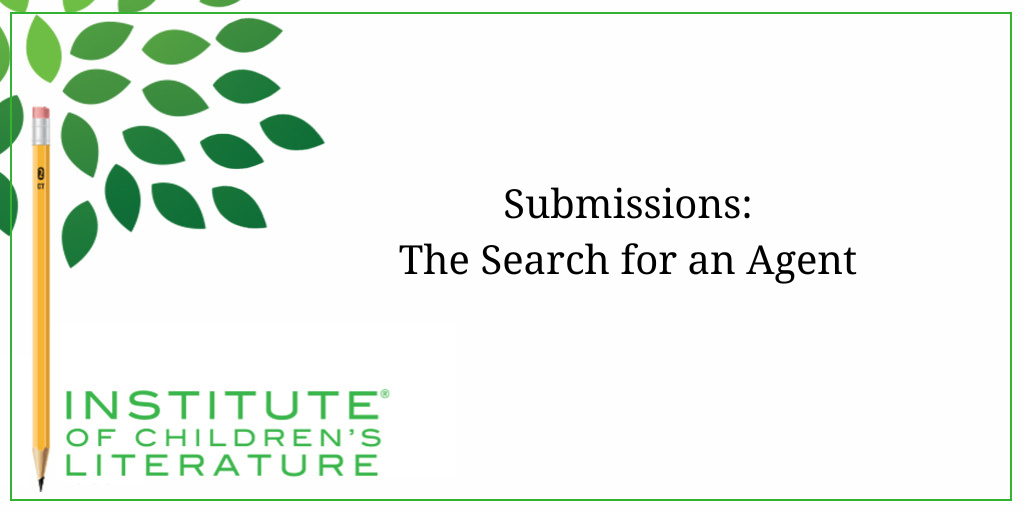
Do I need an agent? What do they do? How do you get one? Are they expensive? Jan Fields answers all these questions and more as you search for an agent.

Use ICL Market Guides as a launching point for your research and find a variety of publishers, what they publish, and their websites for submission guidelines.
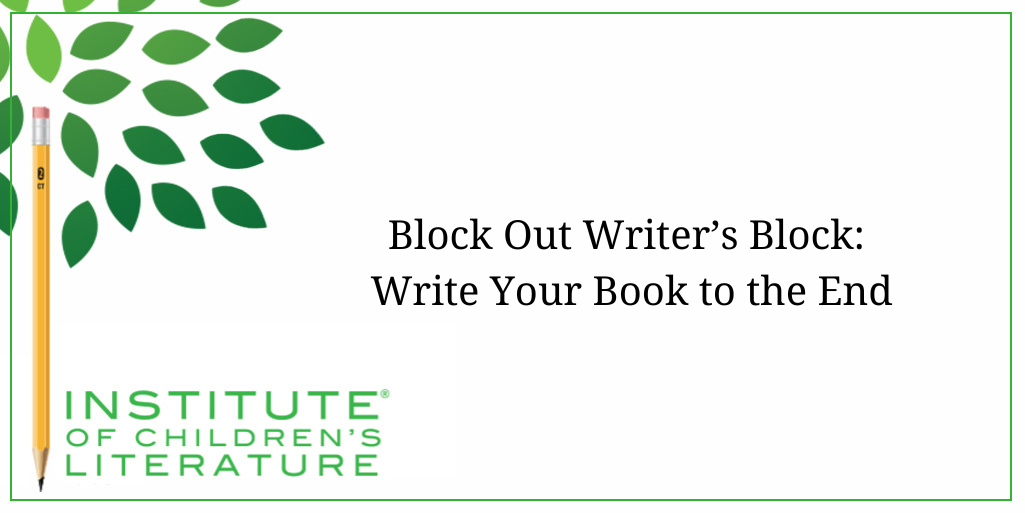
One of the biggest challenges to writing your book to the end is writer’s block. Jan Fields offers tips for getting past writer’s block and finishing your book.

Today we consider how investing in your writing time leads to success—even if the piece you’re currently working on doesn’t ever get published.
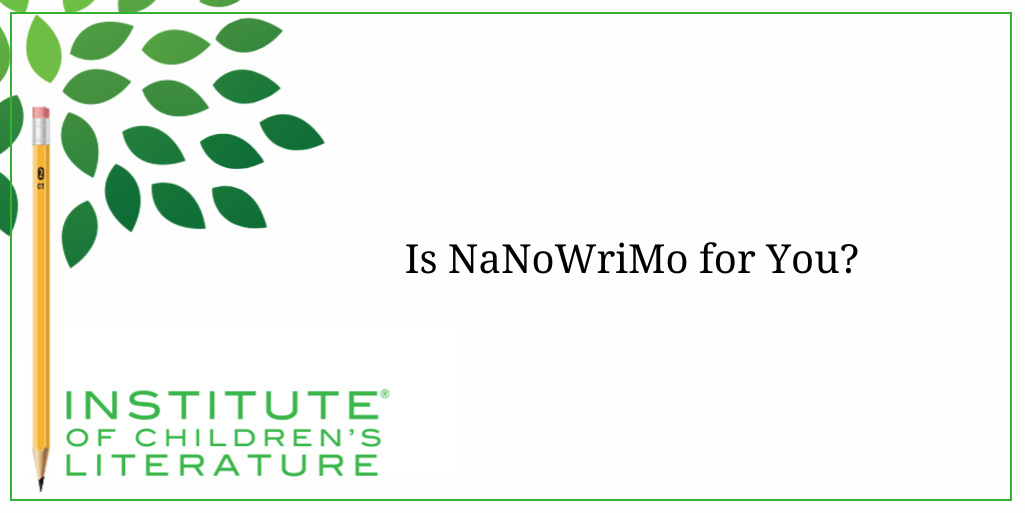
It’s National Novel Writing Month (NaNoWriMo). Part experiment, part personal challenge, writing a novel in a month is an eye-opening experience.
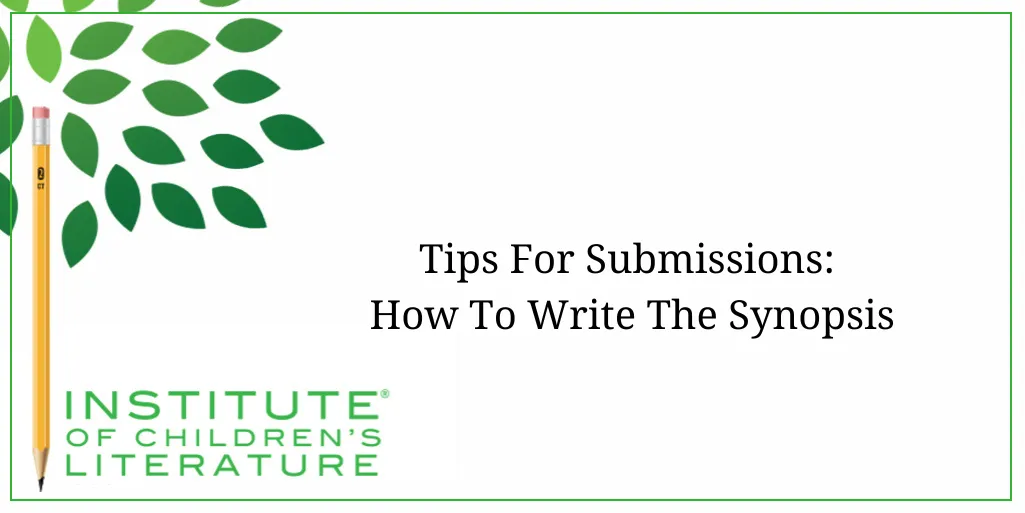
Learning how to write a synopsis of your manuscript can be one of the most intimidating steps of submitting your work—but it’s also one of the most important.
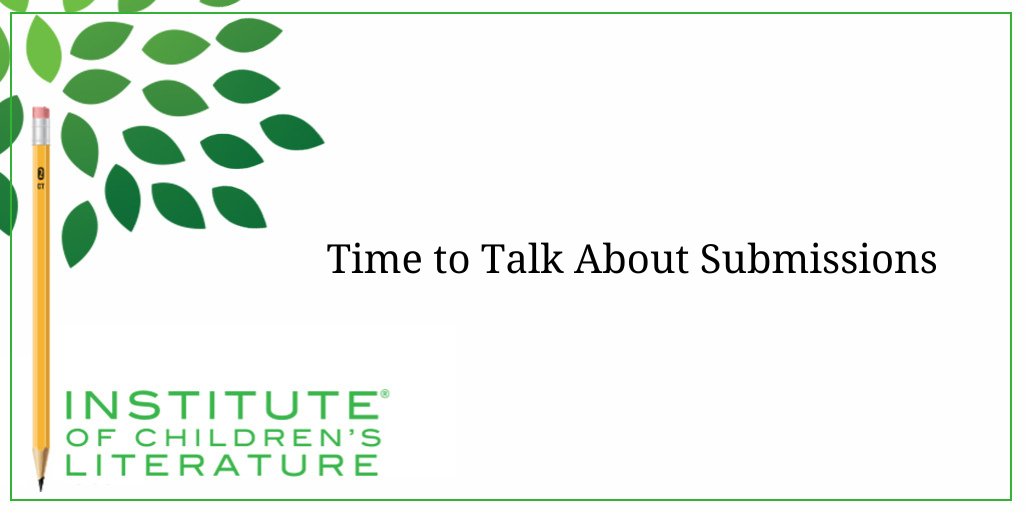
Submissions take a lot of courage. In this post, we discuss how to use the skills you learn in writing your book to create targeted submissions.
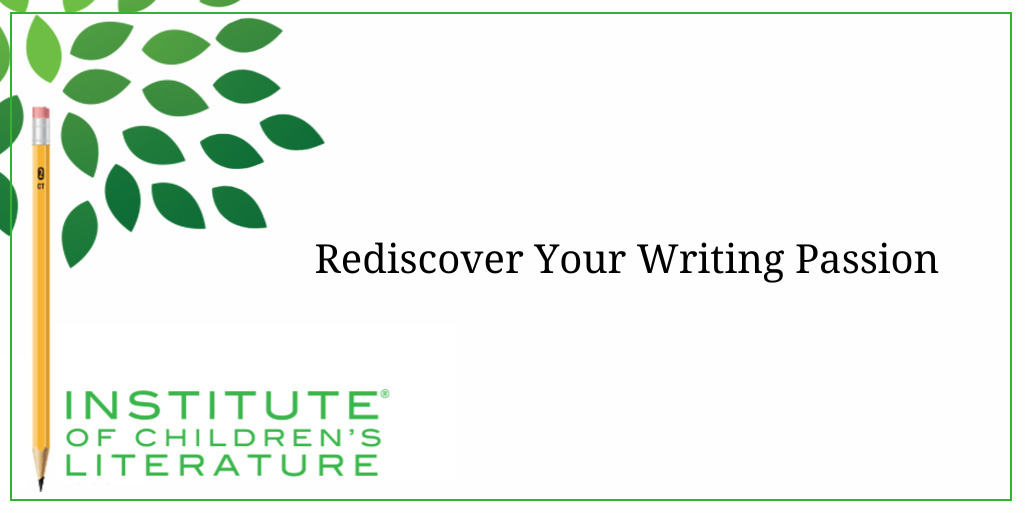
Whenever we take a break from writing, it can be difficult to get back in the groove. Will we ever get it back? Let’s talk about ways to rediscover your writing passion.
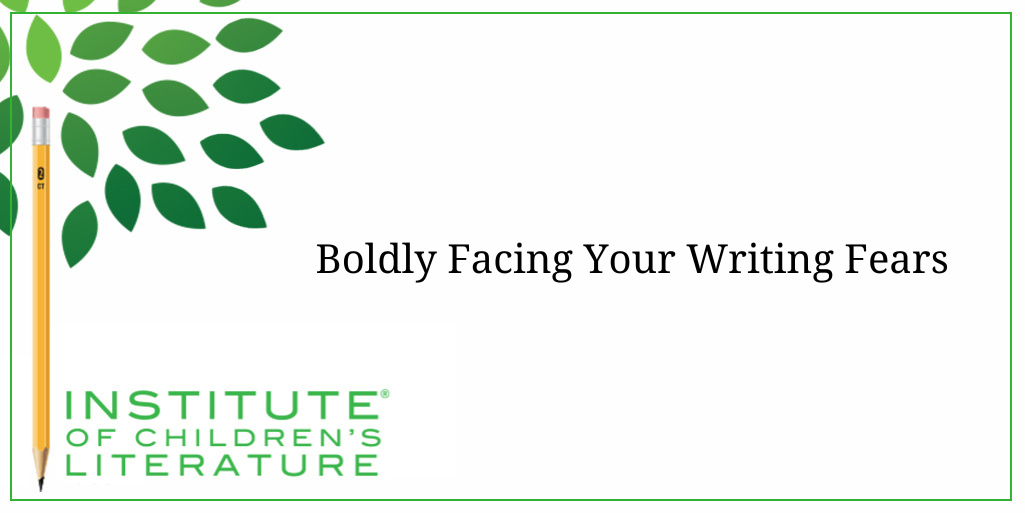
Writing fears can keep us from success. Whether it’s fear of failure or fear of letting other people down, it’s time to get past those fears and move forward.
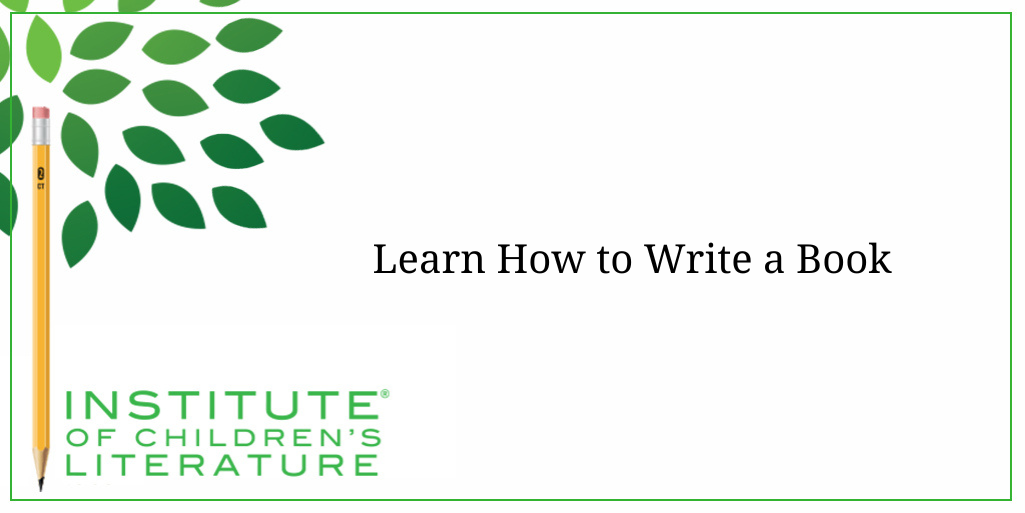
You can learn how to write a book! Learning how to write a book begins here and your next step is a novel writing course at Institute of Children’s Literature.
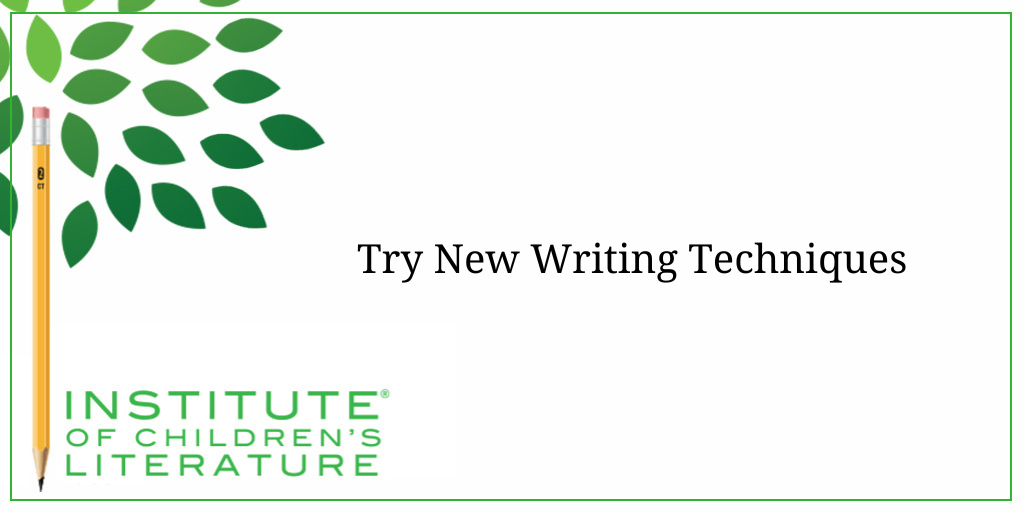
How often do we, as writers, try new things with our writing? Fall is the time to take advantage of new opportunities to learn new writing techniques.
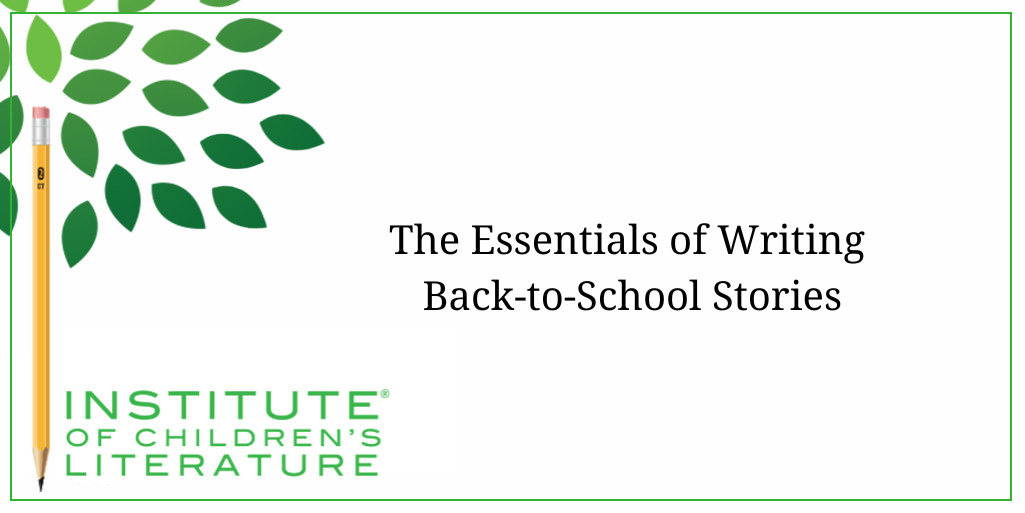
Every year, book and magazine publishers buy back-to-school stories. Let’s talk about how to create projects that are unique and engaging to young readers.
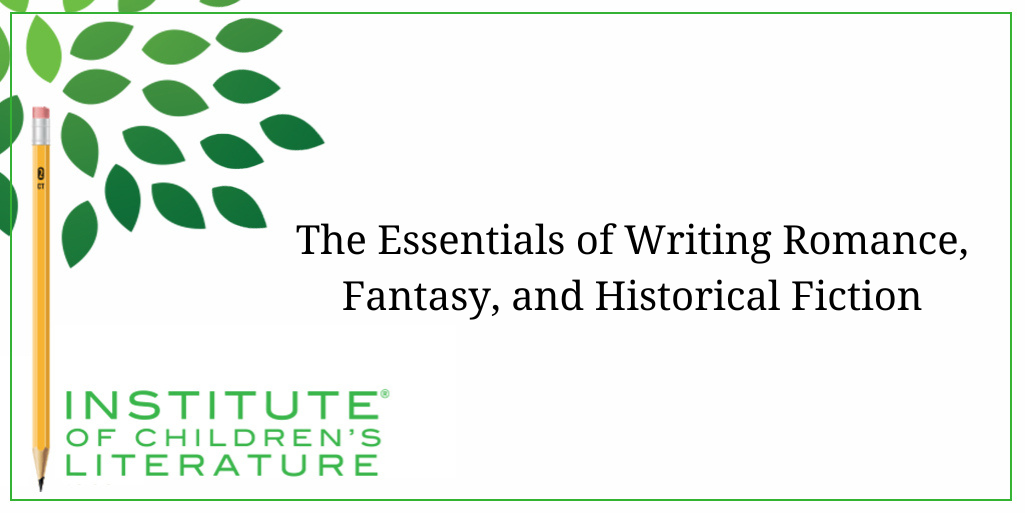
Knowing the defining elements of a particular genre helps your writing succeed. Let’s look at the essentials of writing romance, fantasy, and historical fiction.
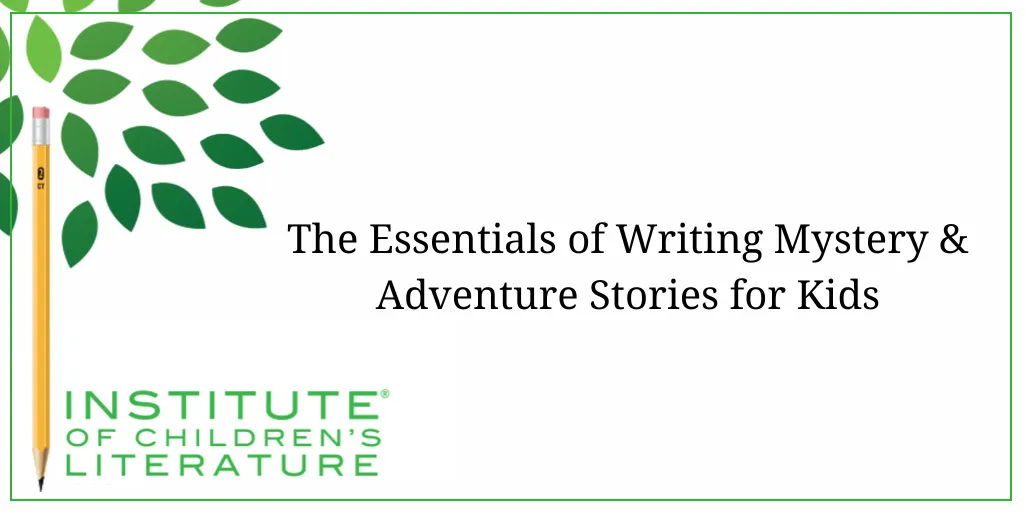
Identifying your story’s genre helps readers know what to expect. Here are the defining essentials of writing mystery and adventure stories for kids.
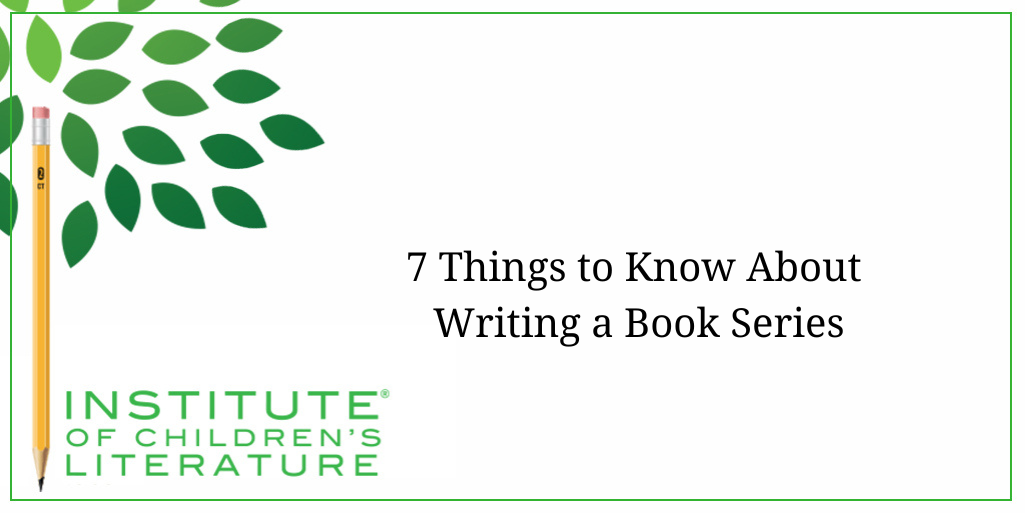
Different book genres allow for the potential of writing a book series. Jan Fields reveals 7 things to know as you consider writing the next great book series.
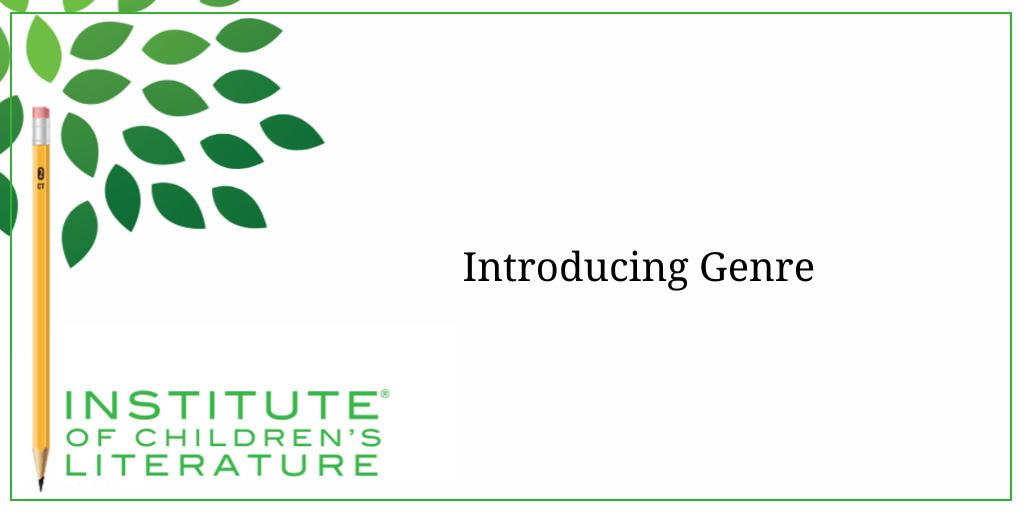
If you can describe your story with genre shorthand, it will help attract the attention of an agent or a publisher. Here’s how to think about genre writing.
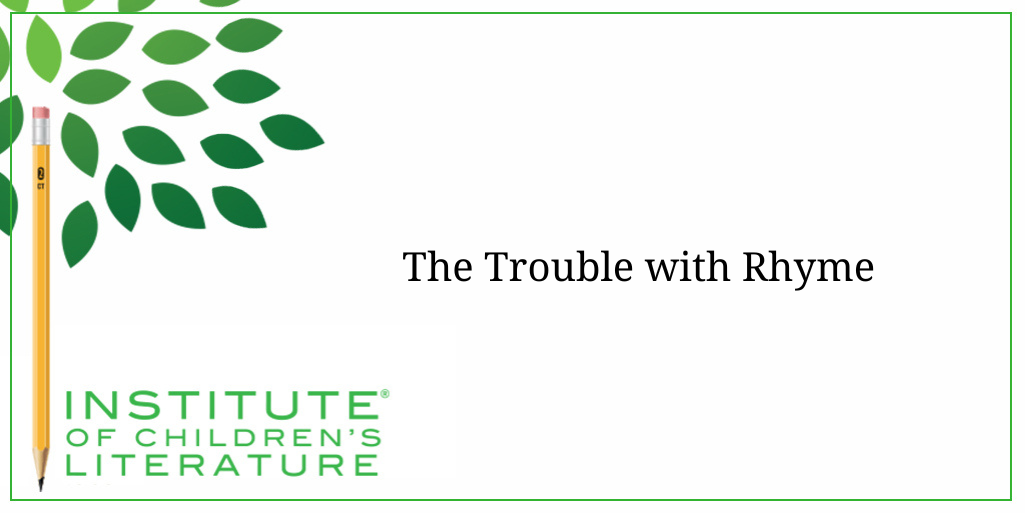
We know without a doubt that children love poetry and picture books that rhyme. So why do publishers say they don’t want rhyme in submissions?
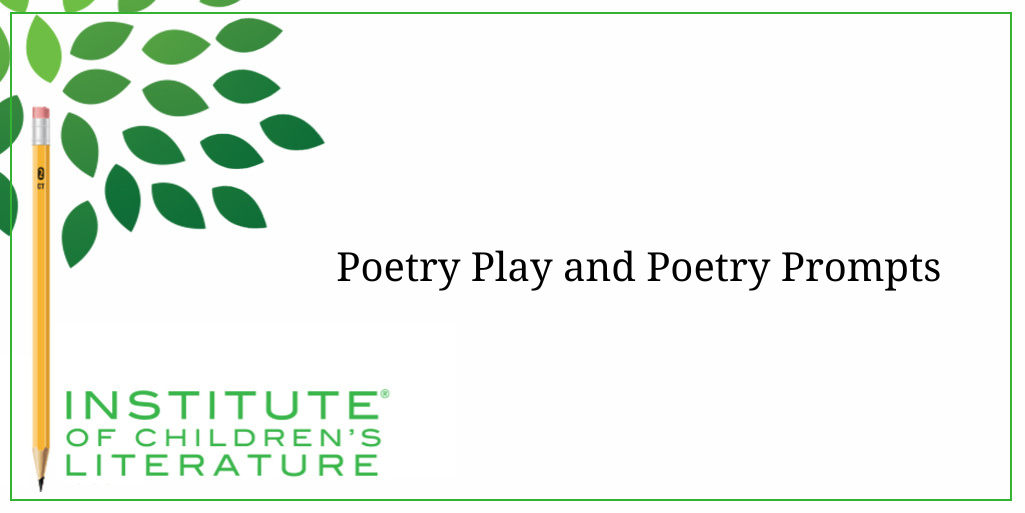
Looking at famous poems and really thinking about how the poem came about is one way to be mentored by other poets. Try one of these poetry prompts today!
1000 N. West Street #1200, Wilmington, DE 19801
© 2024 Direct Learning Systems, Inc. All rights reserved.

1000 N. West Street #1200, Wilmington, DE 19801
© 2025 Direct Learning Systems, Inc. All rights reserved.

1000 N. West Street #1200, Wilmington, DE 19801
©2025 Direct Learning Systems, Inc. All rights reserved. Privacy Policy.